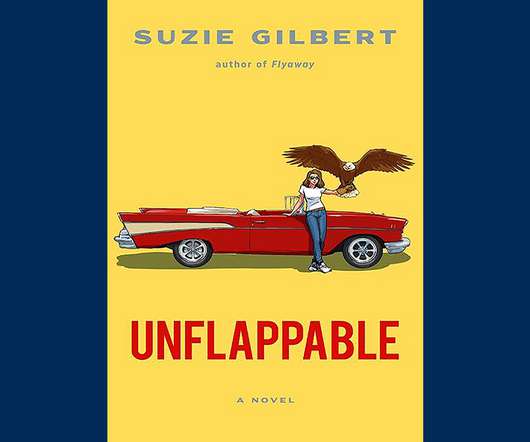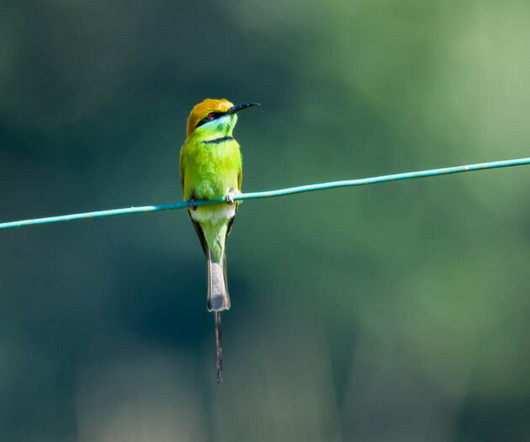Bird Litigation: “Standing” and the California Gnatcatcher
10,000 Birds
SEPTEMBER 10, 2019
More recently, a group of developers petitioned FWS to delist the gnatcatcher because the underlying science was allegedly flawed and the coastal gnatcatcher is not really a distinct subspecies. Zink would suffer professional and reputational injuries because FWS rejected his research, but the court found that inadequate.
















Let's personalize your content